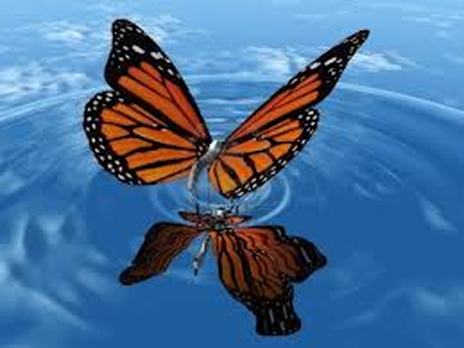John Dewey, an educational theorist from the 1800's states, "Education must begin with a psychological insight into the child's capacities, interests, and habits (as cited in Miller and Seller, 1990, p.69). He states, "Interests are the sign and symptoms of growing power. I believe they represent dawning capacities. To repress interest is to substitute the adult for the child, and so to weaken intellectual curiousity and alertness, to suppress initiative and to deaden interest" (p.74-75).
Dewey makes a strong case for the importance of education not only as a place to gain content knowledge, but also as a place to learn how to live. In his eyes, the purpose of education should not revolve around the acquisition of a pre-determined set of skills, but rather the realization of one's full potential and the ability to use those skills for the greater good. He notes that "to prepare him for the future life means to give him command of himself; it means so to train him that he will have the full and ready use of all his capacities" (My pedagogic creed, Dewey, 1897).
Dewey makes a strong case for the importance of education not only as a place to gain content knowledge, but also as a place to learn how to live. In his eyes, the purpose of education should not revolve around the acquisition of a pre-determined set of skills, but rather the realization of one's full potential and the ability to use those skills for the greater good. He notes that "to prepare him for the future life means to give him command of himself; it means so to train him that he will have the full and ready use of all his capacities" (My pedagogic creed, Dewey, 1897).

